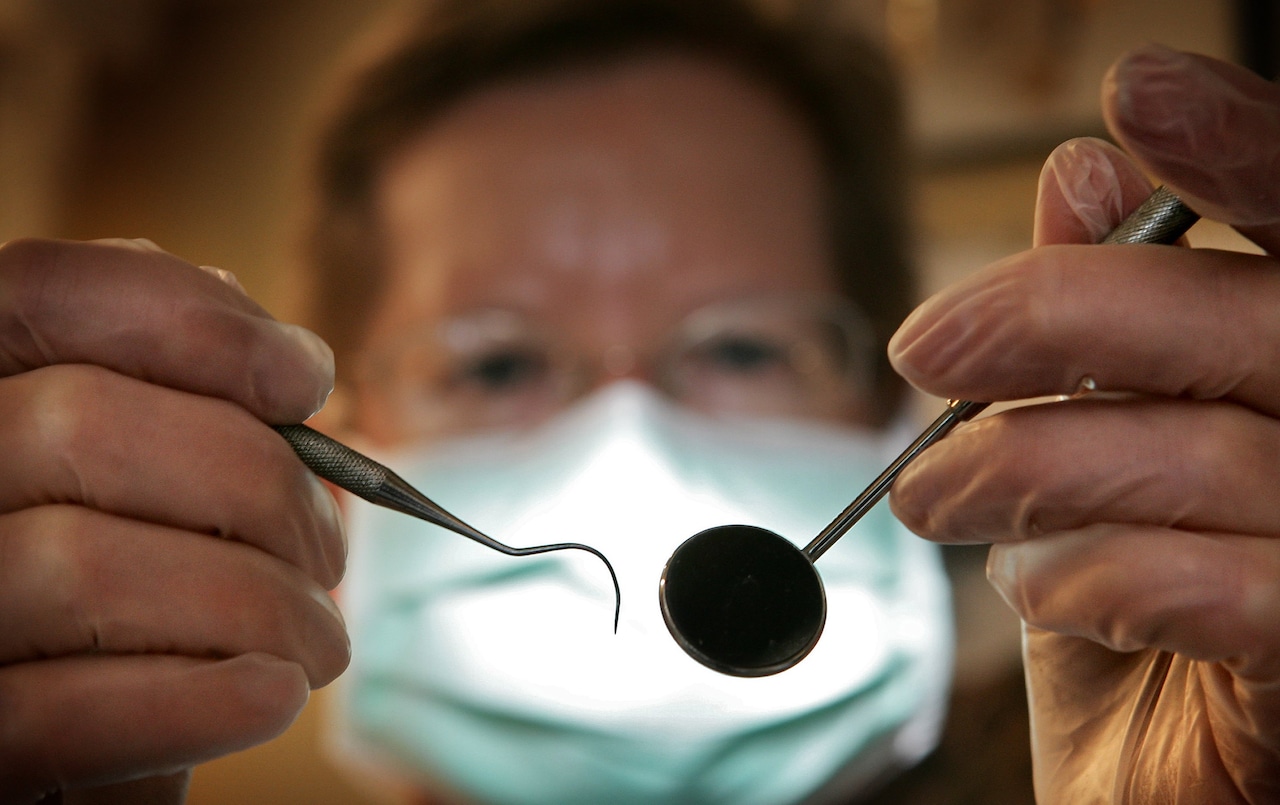In a recent query addressed to Dr. Roach, an 83-year-old woman known as A.C.H. expressed her long-standing fear of dental visits, despite being quite adventurous in other aspects of her life, such as skydiving and race car driving. A.C.H. described that her anxiety would cause her blood pressure to rise significantly during dental appointments, leaving her needing time to calm down in her car after each visit.
After discussing her anxiety with her dentist, she received a prescription for triazolam. While she reported no memory of her dental procedure, she felt uneasy about the effects of the medication that left her unable to recall critical moments of the visit, such as checking in and calling her husband for a ride home.
Seeking alternatives, she consulted her family physician, who advised her against further treatment, stating, “All medications of this type will have the same effect. I would hold off on treatment.” A.C.H. wanted to know if there were better options available that wouldn’t leave her feeling disoriented.
Dr. Roach responded with empathy, acknowledging her adventurous spirit and validating her concerns about the memory-altering effects of benzodiazepines, such as triazolam, diazepam, lorazepam, and alprazolam. He emphasized that these medications could result in memory loss for both prior and subsequent events following administration, particularly when combined with alcohol, highlighting the potential dangers of driving while under their influence.
Dr. Roach reassured A.C.H. that her quest for a solution was warranted. He informed her about several alternatives that could help manage her anxiety without the same risk of memory impairment. Among these, melatonin stood out, having been shown to be almost as effective as triazolam in studies, albeit at higher doses (3-10 mg compared to the recommended 0.5-1 mg for sleep).
In addition to melatonin, Dr. Roach suggested gabapentin and buspirone as other viable options. While acknowledging that these alternatives, too, may carry side effects, he encouraged A.C.H. to consider them due to her significant anxiety.
In another inquiry, a 68-year-old woman, referred to as C., sought Dr. Roach’s insight regarding elevated B6 levels that had persisted for three to four years. C. noted that her B6 level had jumped from 196 mcg/L to 293 mcg/L without using any supplements or energy drinks. Though she maintained a balanced diet and stayed hydrated, her doctors remained puzzled by the results, as her other laboratory values remained normal.
Dr. Roach explained that low levels of B6, or pyridoxine, are relatively uncommon in adults and can lead to skin changes, particularly around the mouth. Conversely, elevated B6 levels are often linked to high-dose supplementation, which C. was not taking. He informed her that such high levels in patients not consuming excess B6 could be attributed to a genetic issue connected to the ALPL gene.
Genetic polymorphisms in this gene can result in elevated vitamin B6 levels without reliance on dietary intake or supplements, and may also correlate with low phosphate levels. Dr. Roach speculated that verifying if C. had low phosphate could support this potential diagnosis, which would be confirmed by identifying high levels of the active form of B6, known as PLP, in her blood.
Dr. Roach concluded by reassuring readers that while he cannot respond to every letter individually, he remains committed to addressing questions within his column where possible. Individuals with inquiries can reach out via email at ToYourGoodHealth@med.cornell.edu or send mail to 628 Virginia Dr., Orlando, FL 32803.






